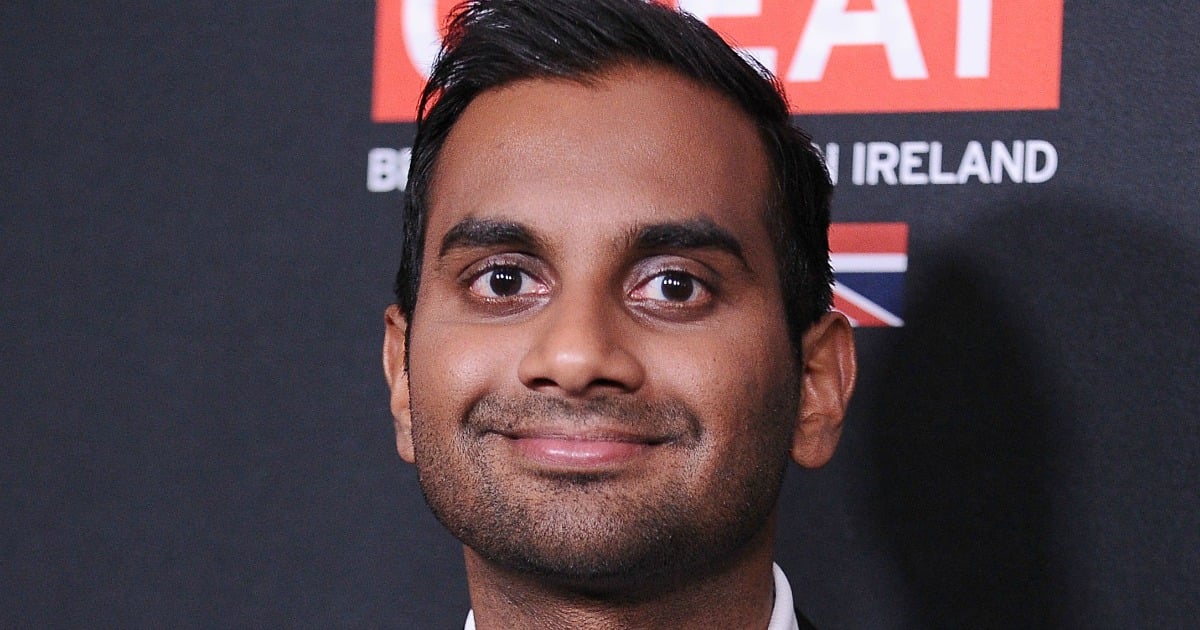I’ve had my fair share of ‘bad sex’. Most women have, I think.
I’ve had sex with a guy who lied about being single so I’d sleep with him. I’ve had sex with guys sooner than I thought I would because they were persuasive or I was a little bit drunk (just enough to lose my inhibitions – not so much I was incapable of consent) and thought it was a good idea or because I was just really turned on in that moment. And I’ve had lots of sex that hasn’t lived up to my physical or emotional expectations.
So yes, I’ve had sex with guys and regretted it.
And I wouldn’t call any of this sexual assault.
I say this because I felt viscerally uncomfortable when I read the story about Aziz Ansari that has blown up in the media this week.
A young woman who was 22 at the time and is 23 now, has anonymously told a website about the night she went on a date with Ansari. The details are explicit and yet familiar to most women – you were hoping to be romanced and maybe have a relationship and he is pretty much focused on having sex with you and you’re disappointed because you hoped it might play out differently. You’re not that into it but you don’t really know how to express that clearly and you’re hoping he’ll get the message from your body language.
What’s different about this account is that it has been published in the context of the woman being a victim of sexual assault.


Top Comments
Instead of simply consent, we should all expect enthusiastic consent before engaging in sexual acts. Keeping that in mind would make quite the difference. This will be part of the conversation we have with our son as he grows up.
I agree. We cant expect anyone to know how we feel in any situation unless it is clearly stated. Women have to learn to clearly say no. Allowing a man to continue to have sex with you even though you are uncomfortable or just not into it cannot and should not be defined as assault. It dilutes the meaning of assault and does a disservice to those true victims of this heinous crime. It also destroys the reputation of a respectable man.